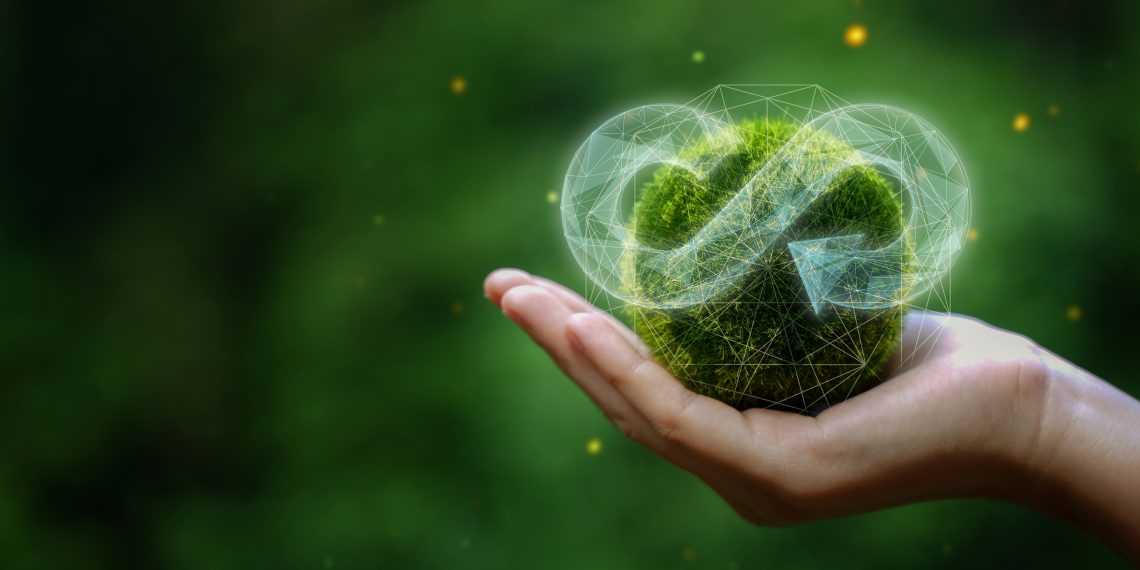The pursuit of a sustainable economy is increasingly centered around the development of circular processes. These systems, as conceptualized by the Ellen MacArthur Foundation, are designed so that materials perpetually cycle through uses, avoiding waste and nurturing the environment.
Entrepreneurs in the circular economy are at the forefront of this transformative movement, leveraging technology and groundbreaking business methodologies. Their ventures range from AI-enhanced thrift shopping experiences to innovative uses of mycology for waste decomposition.
This year, a select group of such startups were recognized for their ingenuity and potential impact, chosen based on a stringent set of criteria including solution originality, business model strength, customer-centricity, market traction, team expertise, and the persuasiveness of their pitch presentations. These businesses all meet certain professional thresholds: incorporation, product readiness, and at least one full-time employee.
Out of 65 applicants, these distinguished 12 earned the opportunity to present their business concepts to a gathering of industry experts at the Circularity 24 event in Chicago. From this group, five finalists will be selected for the final pitch.
These are a few of the most exciting circular startups making waves currently:
- Waste Upcycling: Lucent Biosciences from Vancouver transforms legume-based agricultural waste into soil-enriching micronutrient fertilizers.
- Refillable Product Systems: Myro, based in New York, offers a subscription service for refillable personal care products.
- Appliance Sharing Services: Tulu, also in New York, provides shared access to home appliances like printers and vacuums through rental lockers in residential buildings.
- Surplus Material Utilization: Mi Terro in Los Angeles repurposes by-products from food production and paper manufacturing into versatile bioplastics.
- AI-Assisted Thrifting: Beni in Santa Barbara harnesses artificial intelligence to identify deals across online secondhand clothing stores.
- Compostable Hygiene Products: Aruna Revolution in Dartmouth innovates in the creation of biodegradable and non-toxic menstrual pads using agricultural waste.
- Sustainable Takeout Packaging: DeliverZero in New York produces reusable containers specifically designed for the food delivery and takeout sector.
- Recyclable Packaging Enhancements: Magnomer in Framingham develops magnetically coated bottles that are more easily processed for recycling.
- Fungus-Derived Building Materials: Mycocycle in Bolingbrook utilizes fungal mycelium to create sustainable building materials with a reduced carbon footprint.
- Smart Recycling Tools: Intuitive AI in Hamburg enhances recycling efforts with its AI-powered assistant and analytics tools.
- Transition to Electric Fleets: Evolectric in Long Beach specializes in converting commercial vehicle fleets to electric power.
- Product Redistribution Platforms: LiquiDonate in San Francisco connects surplus and returned goods with non-profits and educational institutions.









